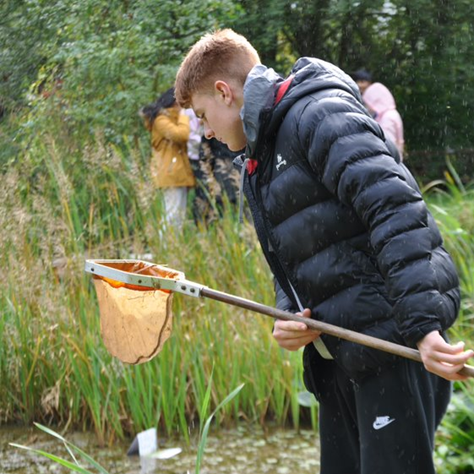
The climate crisis, living sustainably, and connecting with our natural environment must all become key features of the curriculum we teach. No matter where our country’s governmental priorities lie, we as educators play a vital role in helping to create a better, greener world.
Teaching English Language
The overarching aim for the subject of English is successful communication. We teach pupils to speak and write fluently so that they can communicate their ideas and emotions to those around them; and we teach pupils how they can access the thoughts and feelings of others through their reading and listening skills.
Through literature and other texts, pupils have a chance to develop emotionally and intellectually, spiritually and culturally. All the skills of language are essential to participating fully as a member of society – but what happens when that society is under threat? What happens when forests, woodlands and other natural habitats across the world are in decline? When fossil-fuel burning and rainforest-clearing and pollution-emitting cars and planes cause such destructive consequences? From forest fires to melting ice caps, extreme weather events such as droughts, flash floods and filthy air are everywhere. The science of global heating is undeniable - the climate crisis is the most urgent threat of our time.
Both successful communication and the climate crisis underpin everything – and through effective English teaching, we can begin to tackle both. The subject of English has the huge advantage of reaching all year groups, all the time; it’s compulsory to study English up to KS4, and pupils often have a lesson of English a day. The possibilities of infiltrating the curriculum are endless, and offer a vast variety of approaches, skills and knowledge.
